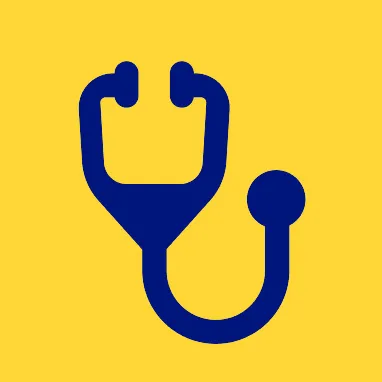Alcohol is a very powerful, addictive drug that is damaging or even lethal in high doses. Many adults drink moderately and safely. Yet other people drink too much which results in potentially dangerous consequences. For teens, alcohol can be very harmful -- and it's illegal.
Check out the following Q&A to update your knowledge of alcohol and teen drinking. Share this information with a friend, especially if you know someone who is an underage drinker.
What Is Alcohol?
The scientific name for alcohol that people drink is ethyl alcohol or ethanol. Beer, wine, and liquor all contain ethyl alcohol. Other types of alcohol, like rubbing alcohol (isopropyl alcohol), are poisonous if consumed.
What Happens When You Drink Alcohol?
After you drink an alcoholic beverage like beer or wine, the alcohol enters your bloodstream from your stomach and small intestine. From there, it travels to your brain. There, it slows reaction time, makes you less coordinated, impairs your vision, and -- even at relatively low doses -- leads to unclear thinking and problems making good judgments.
Is Alcohol Addictive?
Yes, alcohol is highly addictive. About 18 million adults are addicted to alcohol. This means they need to drink alcohol in order to function normally, and their drinking causes problems in their lives.
Alcohol addiction can begin at any time in someone's life. But starting to drink when you are a teenager increases the risk for addiction. Teens who start drinking alcohol before age 15 are five times likelier to develop a later addiction to alcohol than those who begin drinking at age 21 or older.
Is One Type of Alcoholic Drink Safer than Another?
No. All alcoholic drinks contain alcohol, and all can be just as dangerous. The more alcohol you drink, the more you will be impaired. Beer, wine, and liquor all contain different amounts of alcohol. Beer is between 3% and 5% alcohol; wine is about 12%; and liquor usually is about 40% alcohol. One (12-ounce) beer has about the same amount of alcohol as one (5-ounce) glass of wine or one "shot" (1.5 ounces) of liquor.
Why Do People Drink Alcohol?
Drinking alcohol, as with eating, is a social activity -- most people drink with friends. Because alcohol makes people feel less inhibited, they feel more at ease socializing when they drink. People also drink just because other people are drinking. For many people, it feels good to be doing what everybody else is doing. But drinking just because everybody else is drinking can lead to problems, especially if people are drinking too much and vehicles are involved.
On the other hand, many people enjoy the taste of alcoholic beverages. And when consumed by adults in small to moderate amounts, especially with meals, alcohol may be good for the heart.
What Is Binge Drinking?
Unfortunately, at some teen parties, the emphasis is on drinking to get drunk. This "binge" drinking happens when someone drinks more than four (for women) or five (for men) alcoholic drinks in about two hours. Binge drinking is the most harmful type of drinking.
How Many Teens Drink Alcohol?
While teen drinking rates are declining, it is still present and teens should be able to be prepared to navigate peer pressure and the avaability of alcohol. Statistics show that less than 10% of teens under age 14 has drunk alcohol in the past month. For teens ages 15 to 17, less than 30% has drunk alcohol in the past month. If somebody says you need to drink because "everybody" is doing it, don't believe it. Even though teenage drinking may seem common or even normal, it isn't.
Why Should You Not Drink Alcohol?
There are many reasons for teens not to drink alcohol or to wait until they are 21. Drinking can cause many problems:
- Drinking before you turn 21 is illegal. You can be cited by the police and arrested for underage drinking.
- Drunk driving kills about 4,000 teens each year. Do not drive after drinking. Do not ride with friends who have been drinking. If someone who has been drinking offers you a ride, say, "No, thank you." They might say they are fine to drive and pressure you to ride. It's OK to tell them some excuse like, "I want to stay at the party a bit longer" or "I already told another friend I would ride with him." The best solution is for them not to drive at all.
- Your brain is still developing and will continue to develop until your early twenties. Drinking during this time may damage your brain. Teens who drink alcohol have more memory impairment than those who do not drink.
- Using alcohol may put you at higher risk for dropping out of high school.
- Starting to drink alcohol when you are a teen puts you at higher risk for being addicted to alcohol at some point in your life.
- Drinking alcohol puts you at higher risk for being robbed, raped, or assaulted. Under the influence of alcohol, your judgment is impaired. You are more likely to place yourself in a risky situation that you would normally avoid.
What About Peer Pressure to Drink Alcohol?
At some point, many teens are pressured to drink alcohol by friends or peers. You may feel that you need to drink to fit in. But it's OK to say no. Just remember that most teens do not drink regularly, so you are not alone.
